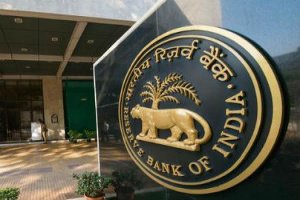RBI Expands biller categories for Bharat Bill Payment System

The central bank has also decided to expand biller categories for Bharat Bill Payment System (BBPS). The BBPS, an interoperable platform for repetitive bill payments, currently covers five segments — direct-to-home (DTH), electricity, gas, telecom and water bills.
Daily Current Affairs Quiz 2019
“In order to leverage, the advantages of the Bharat Bill Payment System and harness its full potential, it has been decided to permit all categories of billers (except prepaid recharges) who provide for recurring bill payments to participate in BBPS on a voluntary basis,” RBI said in its statement on Regulatory and Developmental Policies. Apart from digitisation of cash-based bill payments, these segments would also benefit from the standardised bill payment experience for customers, centralised customer grievance redressal mechanism and prescribed customer convenience fee, among others, the central bank said. Detailed instructions in this regard will be issued by the end of September 2019.
In order to benefit from diversification of risk as also to encourage innovation and competition, the RBI said it has decided to offer on-tap authorisation to entities desirous to provide platforms for the Bharat Bill Payment Operating Unit (BBPOU),the Trade Receivables Discounting System (TreDS) and white label ATMs (WLAs). Instructions to this effect will also be issued by the end of September 2019.
The RBI also announced the creation of a central payments fraud information registry. At present, there is a mechanism in place for banks to report all banking frauds to the Central Fraud Monitoring Cell of the RBI.
“With the digital payment ecosystem making substantial progress in terms of growth of payment infrastructure as well as volume and value of digital payment transactions, fraud risk monitoring and management by the stakeholders have assumed importance,” the RBI said in the statement, adding that the Payment System Vision 2021 also envisages a framework for collecting data on frauds in the payment systems.
“In order to carry forward these efforts and ensure quick and systemic responses, it is proposed to facilitate the creation of a Central Payment Fraud Registry that will track these frauds,” the central bank said. Payment system participants will be provided access to this registry for near-real time fraud monitoring. The aggregated fraud data will be published to educate customers on emerging risks. A detailed framework in this regard will be put in place by the end of October 2019.